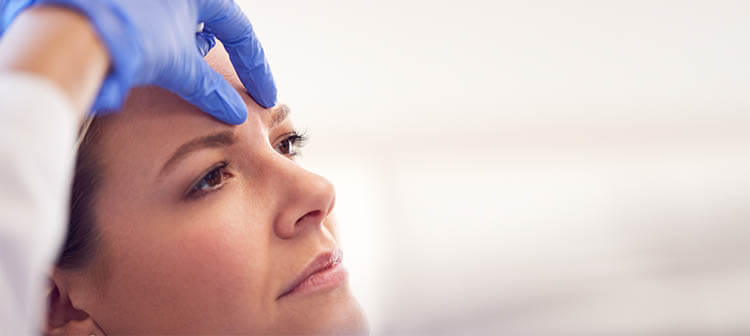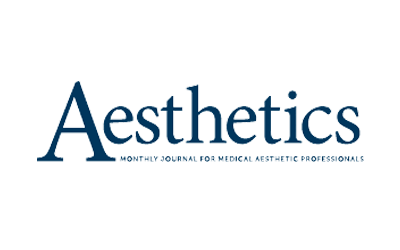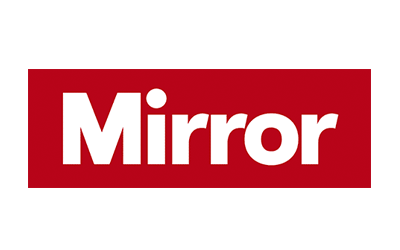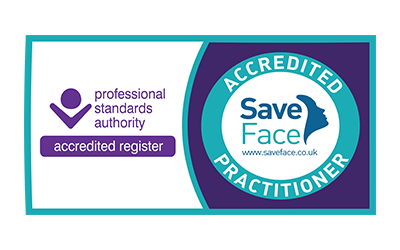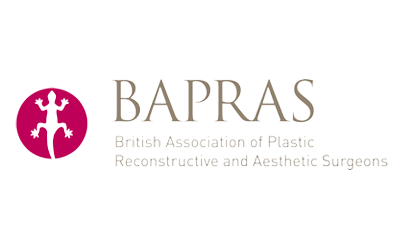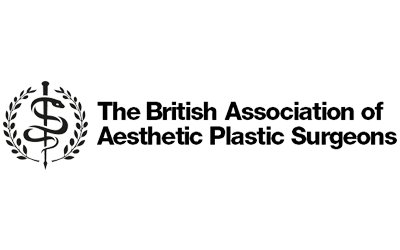Injectables such as dermal fillers and wrinkle relaxing injections are highly effective, clinically proven and well tolerated aesthetic treatments and millions of patients worldwide enjoy their anti-ageing benefits.
As they are deemed non-surgical or minimally invasive, it’s tempting to think they are without risk, but this isn’t always the case which is why it’s essential you choose an experienced and qualified practitioner who is able to minimise any potential complications as well as produce the results you’re hoping to achieve.
Karidis Clinic welcomes new Government plan to license injectables
Unfortunately, regulation of the aesthetics industry in the UK is lax which is why Karidis Clinic welcomes the news that the Government is prepared to introduce a licensing system for those providing aesthetic treatments.
Sajid Javid, the Secretary of State for Health, is backing this amendment to the Health and Care Bill to introduce a licensing scheme for the aesthetics industry: “While most of those in the aesthetics industry follow good practice when it comes to patient safety, far too many people have been left emotionally and physically scarred after botched cosmetic procedures.
“I am committed to protecting patient safety by making it an offence for someone to perform these cosmetic procedures without a licence.”
Practitioner dependent aesthetic procedures
Currently, an aesthetic practitioner does not require any mandatory qualifications to perform a dermal filler treatment and although botulinum toxin is a prescription medicine and should only be performed by an appropriately qualified medical professional, there is a worrying trend in beauty therapists offering injectables.
Nurse practitioner Romy Disler joined the non-surgical team at Karidis Clinic last year. “A high street beauty therapist may have done a short introductory course in aesthetics, but the knowledge of biology and anatomy that comes from years of nursing training and our experience of treating patients in hospital, underpins everything we do.”
As well as addressing training and qualification standards, the scheme would also ensure that consistent standards must be met in terms of hygiene and safety. The Care Quality Commission (CQC) recently warned that one in five beauty clinics put their clients at risk of serious harm due to negligence or malpractice.
Non-surgical lead Suzi and nurse practitioner Romy both have a surgical nursing background, and that experience is evident in the standards they adhere to at Karidis Clinic: “I love the clinical routine I perform before every treatment; setting up my sterile field, cleaning the skin and preparing the patient for treatment. When I shadowed Suzi, I could see how important that routine was. It gives you the space to prepare before you start focusing on the treatment.”
The next stage is public consultation and extensive research into the ‘scope and details’ of the regulation so, in the meantime, it’s essential you check your practitioner’s credentials carefully.
To arrange a consultation with one of our highly experienced and qualified aesthetic practitioners, call 0207 432 8727 to book in with either Romy or Suzi.
